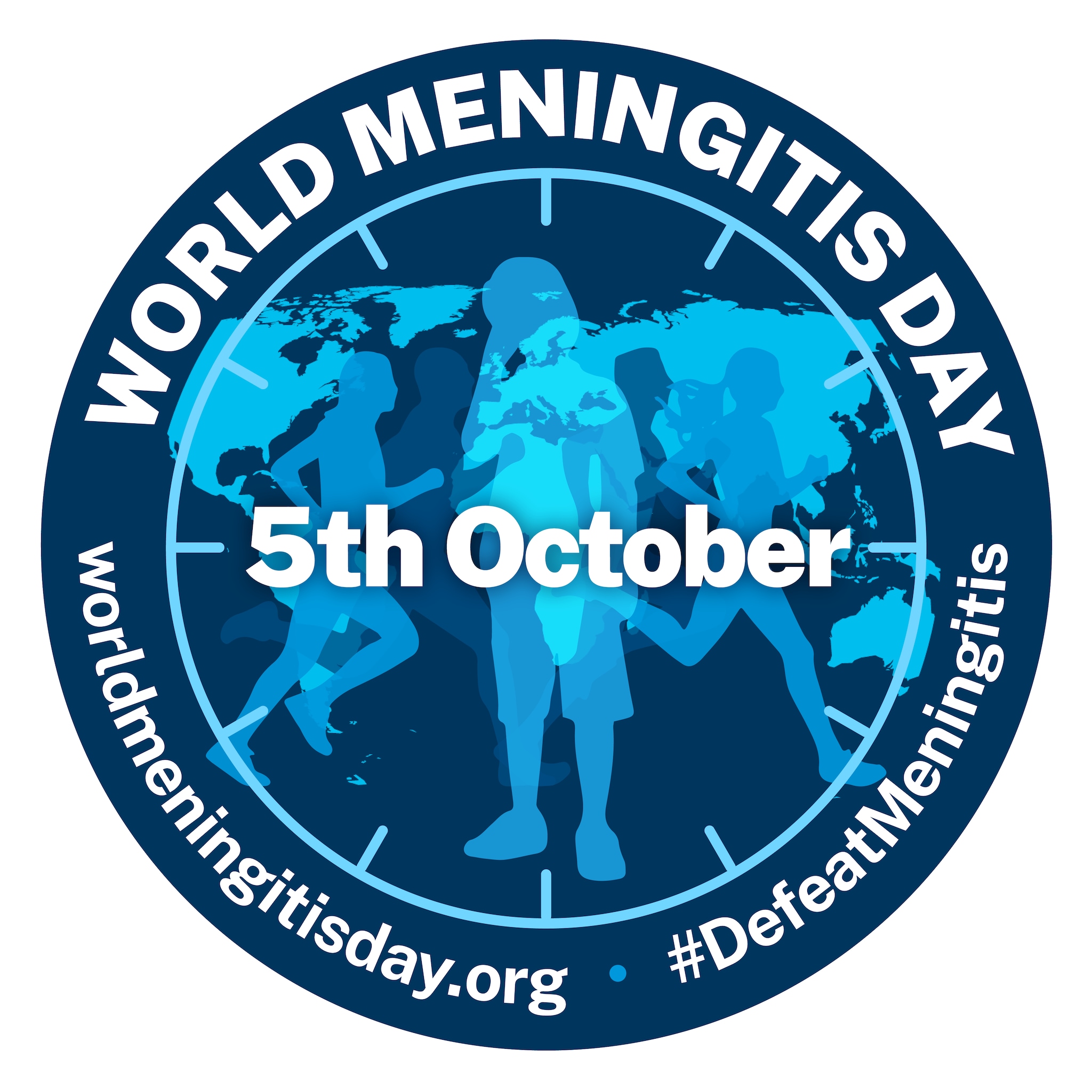Key points
- Meningitis is inflammation (swelling) of the lining of the brain and spinal cord.
- Many different things can cause meningitis.
- An accurate diagnosis is important because treatment depends on the cause.
- Be aware that bacterial meningitis is a medical emergency and should be treated as soon as possible.

What it is
Meningitis is inflammation (swelling) of the lining of the brain and spinal cord.

World Meningitis Day
Each year, World Meningitis Day is observed on October 5. The observance aims to raise awareness about meningitis, its symptoms, and vaccines that can help prevent it.
Symptoms
Common meningitis symptoms include
- Fever
- Headache
- Stiff neck
There are often other symptoms, such as
- Nausea
- Vomiting
- Photophobia (eyes being more sensitive to light)
- Altered mental status (confusion)
Symptoms in babies
Newborns and babies may not have, or it may be difficult to notice, the classic symptoms listed above. Instead, babies may
- Be slow or inactive
- Be irritable
- Vomit
- Feed poorly
- Have a bulging fontanelle (the "soft spot" on a baby's head)
- Have abnormal reflexes
When to seek emergency care
Causes
Many things can cause meningitis:
- Viral infections
- Bacterial infections
- Fungal infections
- Parasites
- Ameba
- Injuries
- Cancer
- Certain drugs
Bacterial or viral meningitis are more common than the other types of meningitis.
Testing and diagnosis
If healthcare providers suspect meningitis, they may collect samples of blood or cerebrospinal fluid (fluid surrounding the spinal cord). Then laboratories can perform specific tests, depending on the type of infection suspected. Knowing the specific cause is important because treatment differs depending on the cause.
Myths and misconceptions
Meningitis and meningococcal disease are not the same thing even though the words are similar.
Having meningitis doesn’t always mean you have meningococcal disease. And having meningococcal disease doesn’t necessarily mean you have meningitis.
Meningococcal disease is any illness caused by a type of bacteria called Neisseria meningitidis. These illnesses are serious and can but don't always include meningitis.
